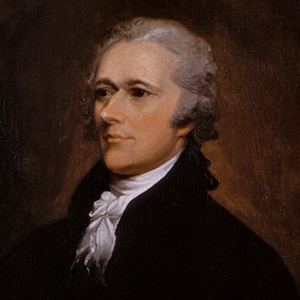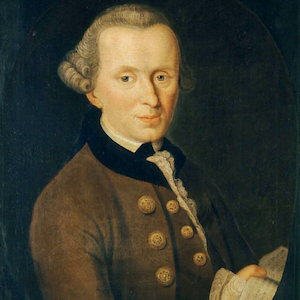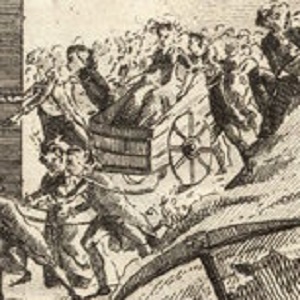Early Modern (1450 CE - 1800 CE)

Germaine de Staël, A French Writer Exiled by Napoleon
De Staël was the daughter of Jacques Necker, Louis XVI’s Swiss Protestant finance minister. She published novels, literary tracts, and memoirs and became one of the best-known writers of the early nineteenth century. Napoleon exiled her in 1803.

Rights of Man
Thomas Paine (1737–1809) played a vital role in mobilizing American support for their own independence, and he leapt to support the French revolutionaries when Edmund Burke attacked.

Arrival of the Royal Family in Paris on 6 October 1789
When the revolutionaries, led by thousands of women, marched to Versailles, they triumphantly seized and then brought the king to Paris, where he would live in the midst of his people.

The King Returns to Paris
From Berthault’s series of great moments in the Revolution, this engraving presents a version of events on 6 October 1789 favorable to the King.

The Tennis Court Oath at Versailles by Jacques–Louis David
This amazingly rich sketch by Jacques–Louis David is one of the most famous works from the French revolutionary era. The thrust of the bodies together and toward the center stand for unity. The spectators, including children at the top right, all join the spectators.

Thomas Jefferson on the French Revolution
Although deeply sympathetic to the French in general and the revolutionary cause in particular, Thomas Jefferson (1743–1826) deplored the excesses of violence that took place even before the implementation of the Reign of Terror.

Alexander Hamilton on the French Revolution
Alexander Hamilton (1755–1804) represented the Federalist Party perspective on events in France.

Kant, The Contest of Faculties
The most influential German philosopher of the eighteenth century, Immanuel Kant (1724–1804), set the foundations for much of modern philosophy. He lectured on a wide variety of topics, from astronomy to economics.

De Maistre, Considerations on France
Joseph de Maistre (1753–1821) defended the absolutist legacy and the close alliance of throne and altar. He thought the Revolution and the republic it created in the name of reason and individual rights had failed.

Image of the King at the Festival of Federation
Having lived through a tumultuous year, France’s political leaders, new and old, perceived the need to foster a sense of unity among the people.